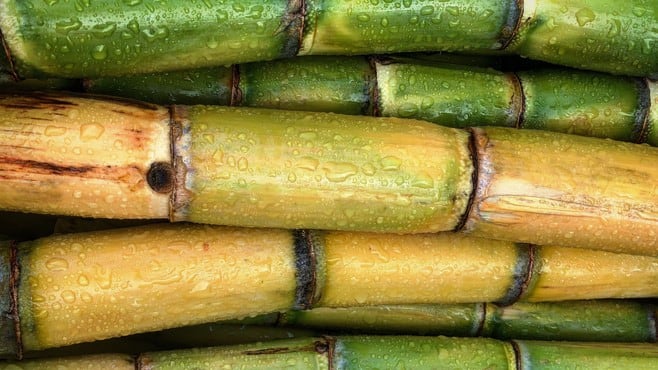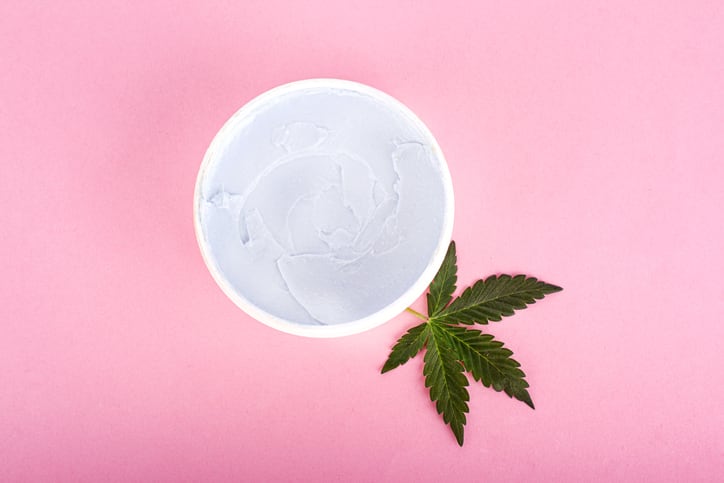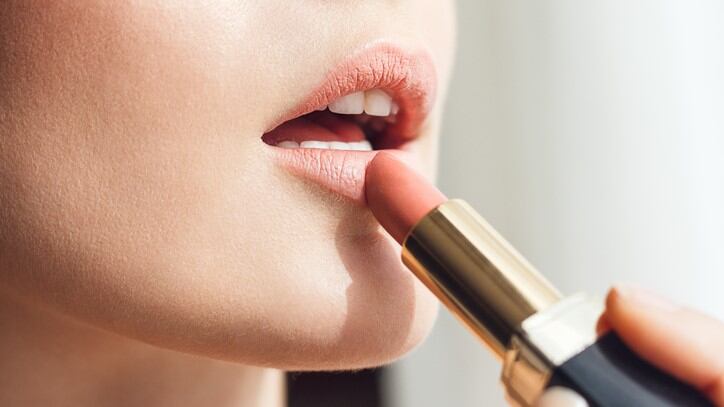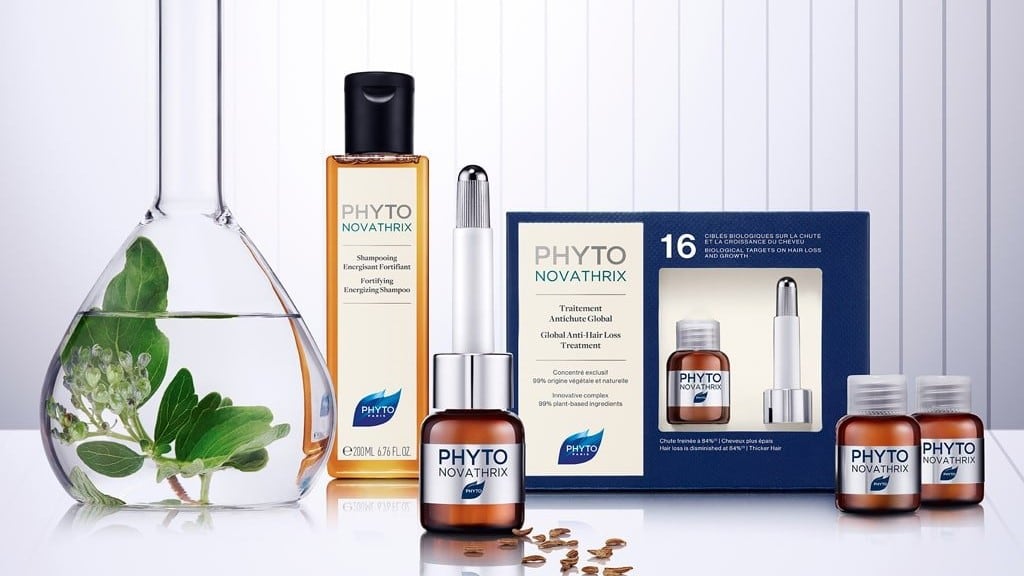That’s according a new study supported by the firm behind Officinol, Australia’s The Product Makers (TPM), and published in the journal Cosmetics.
TPM now hopes to use these findings to back sales of the ingredient, which is already available on the market.
Dr Barry Kitchen, head of TPM ‘s Bioactives Division said: “In Asia, cosmetics brands market it as a cream that reduces wrinkles, and for skin whitening or lightening.
“We will now be increasing our marketing, push to have it incorporated into as many cosmetic products as we can because we got it patented (in 2017) and it now has the science-backed evidence.” Kitchen is also the inventor of Officinol.
Clinical trial
The study conducted by US biotechnology company, PulchriBio Intl and The Product Makers (TPM) was published in the journal, Cosmetics.
It was a 10-person clinical pre-study where participants applied a cosmetic gel formulated with 5% (w/w) Officinol on their face twice a day over 12 weeks. Participants were healthy and between the ages of 40 to 65 years. Measurements were taken on week zero, eight and 12.
The findings indicated that skin roughness was reduced by 17% after eight weeks (p<0.05), and 20% after 12 weeks (p<0.05). Wrinkle depth was reduced 20% after 12 weeks.
The pigmented area of sunspots was also reduced by 2% after 12 weeks of study (p<0.05). Researchers recommended: “A clinical study with a larger group is to be performed to confirm these preliminary findings.”
They also conducted an in vitro study on Officinol, revealing that it could protect human skin cells from UV irradiation damage, as well as inhibit melanin pigmentation in human melanocytes, effectively lightening the skin.
In addition, Officinol was found to mitigate wrinkle formation in the in vitro study.
Future directions
Officinol is obtained from sugarcane (Saccharum officinarum) and is a pure botanical extract free from additives. According to Kitchen, the sugarcane is grown in North Queensland as a tropical crop for sugar exporting Australia.
“We work with feedstocks, and we use the by-products of sugarcane processing to turn it into something valuable like Officinol, which can be used in cosmetics.”
Kitchen said the company had been marketing the ingredient mostly in Asia, and hoped the combination of the in vitro and clinical studies could demonstrate Officinol functions including anti-ageing, UV protection, wrinkle reduce, and skin brightening, and attract bigger cosmetic brands to include this ingredient.
Asked if the COVID-19 pandemic had any impact on its supply chain, Kitchen told us: “We see little effect. Our factory in Australia is still running, as we are allowed to continue to operate because we also make flavours for the food industry.”
Although its factory in India was closed during the nationwide lockdown, Kitchen said its Indonesia and China factories were still operating.
Funding for the study was supported by The Product Makers and several of the authors are employed by the firm.
Source: Cosmetics
https://doi.org/10.3390/cosmetics7020030
“Age-Deterring and Skin Care Function of a Polyphenol Rich Sugarcane Concentrate”
Authors: Jin Ji, et al.




